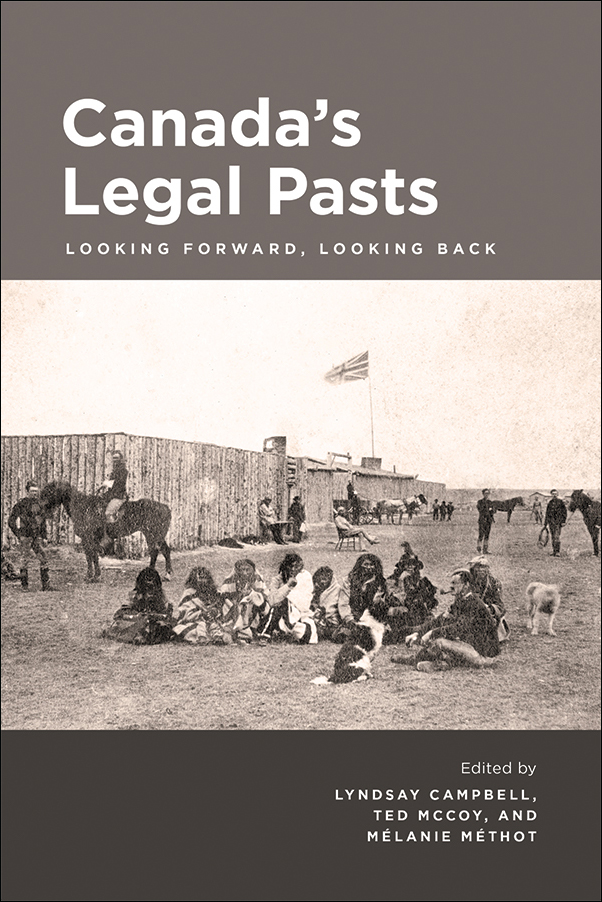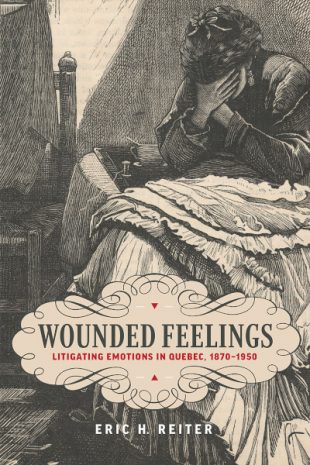Canadian Legal History gets press (with a plug for the Osgoode Society!)
An interview of legal historian (and regular historian!) Christopher Moore by Justice Tom Carey.
Thanks to Chris for sending and Tom Carey for giving permission for me to publish this. This interview appeared in the
Association News of the Association of Superior Court Judges.
Q&A with Legal Historian Christopher Moore
TOM CAREY
Since his first book Louisbourg Portraits won the Governor-General’s Literary Award in the early 1980s,
Christopher Moore has been writing widely about Canadian history, from 1867: How the Fathers Made a Deal to the bestselling children's history, The Story of Canada. But he is a legal historian too, with four big books about law
and lawyers so far. Recently we talked about history and lawyers. I have known
Chris Moore for over a quarter of a century. When we met at the Law Society we
discovered we were neighbours. As well, Chris
often did research on his Law Society history at the Great Library
and then Chief Glen Howell lived roughly half way between us. Chris and I also
collaborated as members of the West Toronto Junction Historical Society. When
we connected by phone recently it was our first chat since the Osgoode Society
launch of his book The Court of Appeal for
Ontario: Defining the Right of Appeal, 1792 -2013, in November 2014.
Tom Carey: About 25
years ago, I was a bencher at the Law Society, and you came in to write a
history of the Law Society. How did that come about?
Christopher Moore: The Law
Society's two hundredth birthday in 1997 was coming up
fast, and it wanted a history to mark the occasion. I heard later
that some of the best legal history scholars told them it would take a team of
ten researchers about ten years to complete it. I was a little more flexible on
the deadlines and the budget! And they took a chance on me.
TC: Have you always
written about lawyers and the law?
CM: Until then, never.
When the Law Society suggested I come in to talk to them, I said, sure, where
is your office? There was a bit of a pause before they said, “We are at Osgoode
Hall.” I thought I'd killed my chances for sure. But I had written a few books that
had been well regarded as history and that people found readable too. I think
that after talking to the academics, the Law Society hoped that when they
commissioned the book, they'd get one that at least some lawyers might read.
TC: Are lawyers and judges
interesting for a historian to write about?
CM: Absolutely. Lawyers
get into a little bit of everything: crime, politics, business, property,
social issues, family matters. So writing about two hundred years of lawyers
and the law society was like following the whole history of Ontario, but
focussed and manageable. And with colourful, quotable men and women, and lots
of issues and stories. I've been keeping up with legal history ever since.
TC: Since the Law Society
history, you have written a history of the BC Court of Appeal and one of the
Court of Appeal for Ontario. What about the trial courts, like ours? Isn’t that
where the real work of
courts
goes on?
CM: I agree with you.
Appeal courts determine the law in big cases, and that's important and interesting.
But trial courts are where you see the human drama of the people and the law.
That's why all the TV legal dramas are about the trial courts, I guess. There
is lots of history still to be explored in the trial courts. But when
provincial chief justices invite you to look into the history of
"their" court, it's hard to say no.
TC: Is there any reason
why rigorous, well researched historical works need be hard slogging?
CM: Maybe historians and
lawyers are alike in this. Lawyers and judges sometimes talk in a shorthand of
legal terms and case citations — and that works well enough when lawyers are
talking to each other. Historical scholars use jargon too. And that can be
useful and effective when specialists write for each other. I know there are judges
who write clear, vigorous, well-organized decisions so even I can grasp the
issues at stake. And since I'm a freelance writer, most of my readers are not
historical specialists. They may be interested but they should not have to be
experts to begin with. After the Law Society history came out, a lawyer told me
he bought a copy to decorate the office bookshelf — kind of a bicentennial
duty. And then he read it cover to cover. A writer can’t get a nicer reaction
than that.
TC: From time to time we
hear Canadians in general and the young in particular don’t know or care about
their history anymore. In your experience, is
that
the case?
CM: I don’t see it. Like
I said, I’ve been a freelance writer about Canadian
history for decades. If Canadians didn't care, I would have been in some other
line of work a long time ago. I might have had to go to law school! Sure, we
are a small country and most of our books and news and TV and movies comes from
beyond our borders. It's tough. But everywhere I go, I find lots of Canadians
who do take an interest, and more. Canada may be stronger than we think. Look
at the Osgoode Society for Canadian Legal History. With all the books it produces
and all its oral history of lawyers, the Osgoode Society prospers because lots
of working lawyers and judges support legal history. I hope all your judges are
members.
Look into Christopher Moore’s
website www.christophermoore.ca
for more on his legal histories.
—AN


